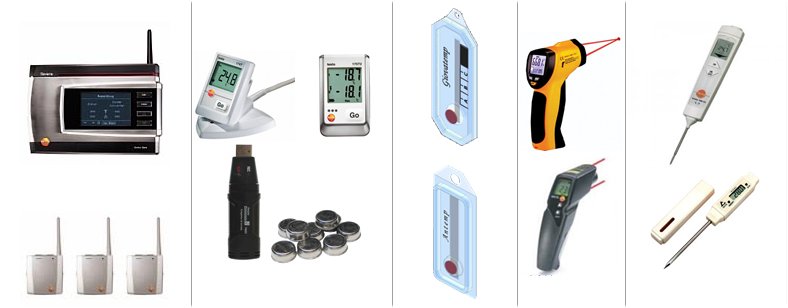Definition of the Cold Lead in agrifood
Method for preserving a product between its fabrication and consumption, that consists in rapidly lower the temperature, immediately after its production (to less than 10° degrees in less than 2 hours). It is then kept in cold storage (0° to + 2° degrees) and afterwards back into warm temperature before consumption.
Hot lead
The conservation of food served and eaten hot, must be maintained at least in 63° C, between the time of preparation and that of the service. This involves the use of a specific material and short periods of transportation. One example is the hot meals home delivery, to the elderly.
Cold lead mixed
This term is used when a catering service uses simultaneously hot and cold lead.
Cold lead, hot lead - Differences and similarities
|
Cold lead
|
Hot lead
|
||
|
Reception of raw materials
|
Reception of raw materials
|
||
|
|
|
||
|
Storage
(negative or positive cold chambers or in reserve) |
Storage
(negative or positive cold chambers or in reserve) |
||
|
|
|
||
|
Unpacking
|
Unpacking
|
||
|
|
|
||
|
Cooking
|
Cooking
|
||
 |
|
||
|
Packaging in hot conditions (+63°C)
|
||
|
|
|
||
|
|||
 |
|
||
|
Labelling
|
Labelling (+63°C)
|
||
|
|
|
||
|
Stockage entre 0 et +3°C
|
|||
|
|
|||
|
Allotment
|
Allotment
|
||
|
|
|
||
|
Transport from 0 to + 3 ° C
|
Transport from 0 to + 63°C
|
||
|
|
|
||
|
Reception
|
Reception
|
||
|
|
|
||
|
Stockage de 0 à +3°C
|
Stockage à + de 63°C
|
||
|
|
|
||
|
Dressing
|
Dressing
|
||
|
|
|
||
|
Reheating
|
Maintaining temperature
|
||
|
|
|
||
|
Service
|
Service
|
The main differences are therefore situated in after cooking process, for the cooling or not of the preparations, then just before serving, will be reheat. Between these operations, the steps are the same as used for the cold or hot lead: the temperatures that need to be respected, are different: one is cold (0-3° C) and the other one hot (63° C).

